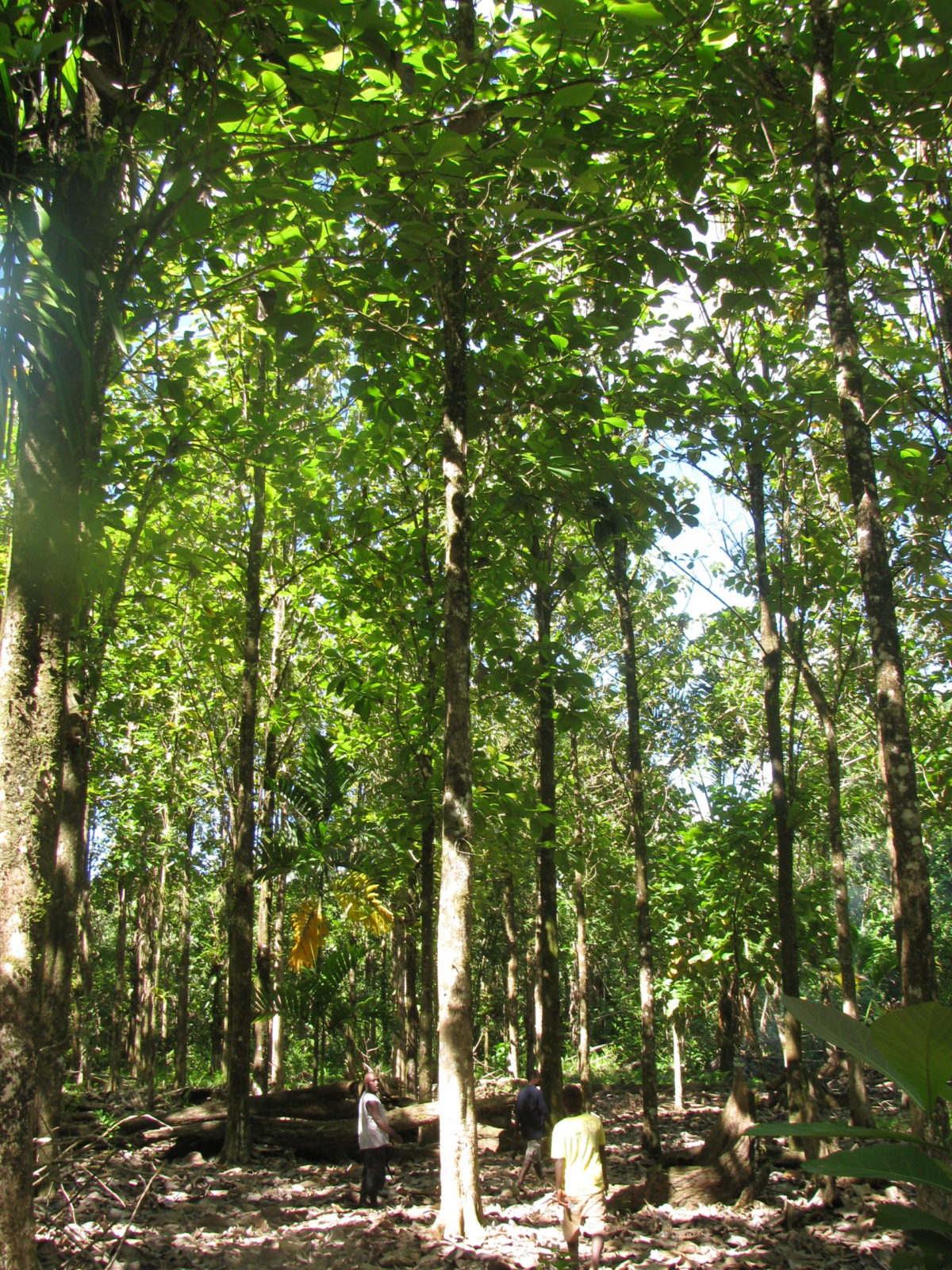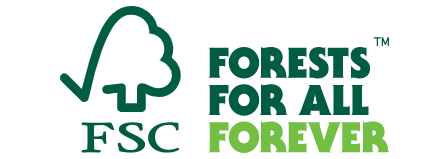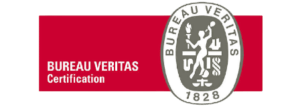Charter & Criteria
The NZITTG is firmly focused on sourcing and promoting sustainable and ethical timber and timber products from around the world. To give buyers confidence in such claims it is essential to have internationally recognised, independent 3rd Party verified, legality and sustainability certification.
Industry Governance
SCHEMES.
Schemes have now been designed, based on an agreed set of criteria, to set the environmental, social, cultural and economic standards needed to satisfy the world’s specifiers and consumers.
AUDITING.
VERIFICATION.
Verification schemes recognised by NZITTG have been developed by FSC (Forest Stewardship Council) and PEFC (Program for the Endorsement of Forest Certification) which include the criteria that set the terms and conditions under which forest logging companies, saw millers, manufacturers and the supply chain must operate.

Certification Criteria
The criteria will vary depending on the degree of risk of illegal logging activity, the political stability and direction of government, the effectiveness of forest governance and other social and cultural issues in the country of supply.
In the case of PEFC, additional criteria including aspects of the audit function, has been negotiated round specific national issues where considered necessary by NZITTG. Under The “85/15 Rule” as per clause 3.3.1 in the The NZITTG Charter V26625, we have developed a scorecard, particularly for legality verification, which is included in this website.
The scorecard provides good examples of the principles, criteria and indicators that should be applied when evaluating a tropical supply source, be it described as just a Legally Verified source or a Sustainably Certified source. In the case of dryland boreal forestry, other criteria may be of greater or lesser relevance.
Buyers should undertake careful due diligence to ensure that responsible forest management is practiced, supported by the type of independent certification as described above.
NZITTG remains open to consider other Legality and Sustainability schemes as proposed by Council Members. Where necessary the costs of assessing such schemes will be apportioned to the proposer and the NZITTG as agreed by the Task Force.
NZITTG Approved List of forest schemes and certifiers is below:
FOREST SCHEMES
Forest schemes set out in a prescribed order the principle criteria and Indicators that describe the actions and objectives of responsible forest management. These principles and criteria are often “ Country Specific” so they reflect the environmental risk and the political social and cultural context in which they operate.

FSC®
FSC® will promote environmentally appropriate, socially beneficial, and economically viable management of the world’s forests.

PEFC™
PEFC™ endorses national forest certification systems that have been developed through multi-stakeholder processes and tailored to local priorities and conditions.

Preferred by Nature
Preferred by Nature (formerly known as NEPCon) is a non-profit organisation that supports better land management and business practices that benefit people, nature and the climate.
CERTIFIERS
Certifiers are independent specialist managers who after considerable scrutiny and examination certify that the forest management unit is following the systems and activities required by the Scheme in order to achieve the legal, environmental, social, cultural outcomes of that scheme.

SCS Global Services
Reduce supply chain risk, reinforce customer confidence, and maintain strong market presence with third-party verification of wood product sources.

SGS
We are the world's leading testing, inspection and certification company.

Bureau Veritas
A world leader in Testing, Inspection and Certification. Our mission is at the heart of key challenges: quality, health and safety, environmental protection and social responsibility.